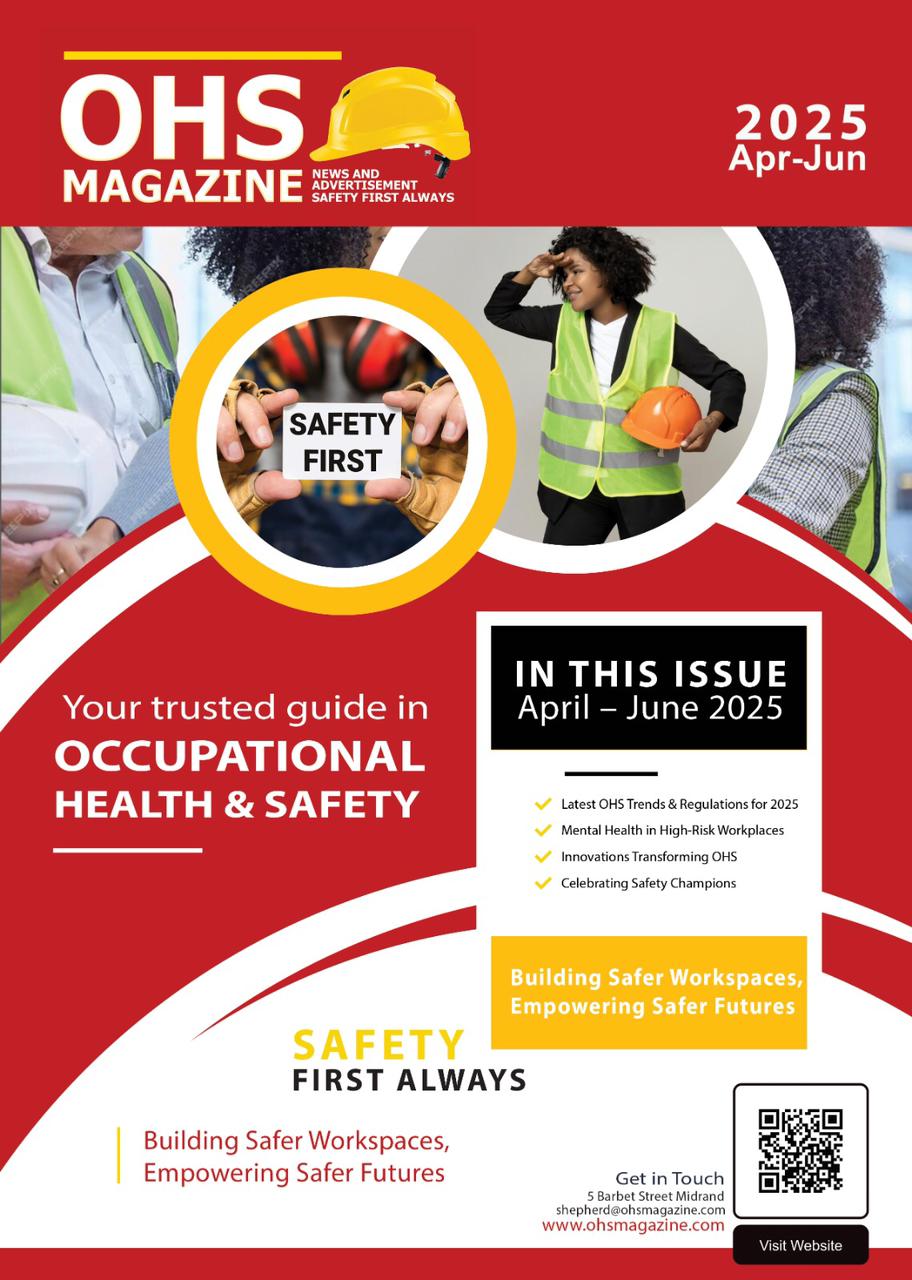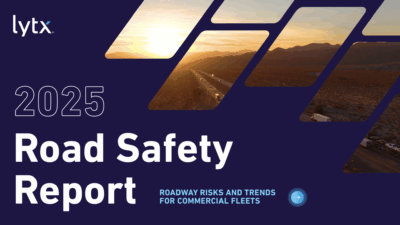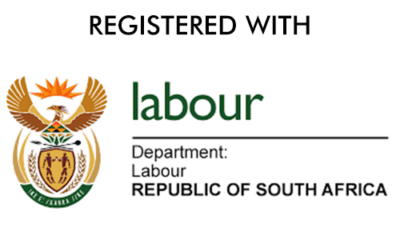Spain’s Supreme Court lays down new criterion for the filing of special procurement appeals. The Supreme Court has established a new doctrine that states that a special appeal in public procurement matters should not be inadmissible even if its presentation is not communicated to the court or it is communicated after the deadline
On 3 March, the Supreme Court, in its judgment 885/2025, ruled on an appeal in cassation that dealt with the interpretation of the current rules in relation to the filing of special appeals in procurement matters in registers other than that of the administrative court or the contracting body.
Procedural background
The company Vialterra Infraestructuras lodged a contentious-administrative appeal against the decision of the Central Administrative Court for Contractual Appeals (TACRC) against the rejection as untimely of the special appeal in procurement matters filed against a decision of the City Council of Mislata approving the modification of the works contract subject to public procurement procedure.
In its decision, the TACRC rejected the appeal filed by the company on the grounds that the TACRC had been notified out of time and not immediately of the filing of the appeal in a register other than that of the contracting body or that of the TACRC, despite the fact that the appeal had been filed within the legally established 15 working days.
Subsequently, the High Court of Justice of the Valencian Community dismissed the contentious-administrative appeal, confirming the untimeliness of the special appeal in procurement matters.
Regulation under scrutiny
Article 51.3 of Law 9/2017 establishes that the notice of special appeal in public procurement matters may be filed in the places established in article 16.4 of Law 39/2015 (for example, the electronic registry of the administration or body to which they are addressed, as well as in the other electronic registries of any of the subjects referred to in article 2.1, post offices, registry assistance offices or diplomatic representations or consular offices of Spain abroad).
This article determines that documents submitted to registers other than those of the contracting body or of the body competent to decide on the appeal must be communicated to the court immediately and as quickly as possible. The purpose of this is to allow the contract to be formalised within the 15-day period provided for in article 153.3 of the Law 9/2017, since, if the filing of the appeal is communicated within this period, the award is suspended and the contract cannot be formalised.
Likewise, article 18 of Royal Decree 814/2015, which approves the regulation on special procedures for the review of decisions in contractual matters and the organisation of the TACRC, establishes that special appeals in public procurement matters may only be filed in the register of the contracting body or in the register of the administrative body competent to resolve them and that filing in other registers will not interrupt their deadline for filing.
Specifically, it states that appeals filed at post offices or at any administrative register (other than those mentioned) shall be deemed to have been filed on the day on which they enter the register of the contracting body or that of the administrative body competent to decide on them.
In its judgment, the Supreme Court analysed whether it is in accordance with the law to reject as untimely a special appeal in procurement matters when, having been filed within the deadline in a register provided for in article 16.4 of Law 39/2015 on Common Administrative Procedure, it is not communicated or its communicated after the 15-day period for filling the appeal.
The Supreme Court’s response
The Supreme Court found that, although the burden of communicating the filing of the appeal falls on the interested party himself and that it must be done immediately, the failure or delay of this duty that extends beyond the legal deadline for filing cannot result in the appeal being considered untimely.
The Supreme Court argued that what must be taken into account when determining the untimeliness of the appeal is the date on which the document was filed in due time and in any of the places permitted in Spain’s legal system – and not the date of entry of the document in the administrative body that is competent to decide and without the lack of communication or untimely communication having as a consequence its inadmissibility. The court considered this to be excessive and contrary to the principle of proportionality and effective judicial protection.
In accordance with the foregoing, the Supreme Court declared the appeal brought by Vialterra Infraestructuras to be admissible, annulling the judgment of the High Court of Justice of the Valencian Community.
Osborne Clarke comment
The Supreme Court’s interpretation of the guarantee and the consequent relaxation of the obligations relating to the filing of special procurement appeals may lead contracting bodies to have to delay the formalisation of contracts beyond the 15-day period provided for in the rule. This is in order to avoid formalising and finding themselves days later with knowledge of an appeal filed in one of the registers permitted by the Procedural Law, which would result in the nullity of the formalisation of the contract. The problem lies in determining what is a reasonable period to wait, bearing in mind that the appeal could arrive many days after it has been filed.
If contracting bodies do not delay formalisation, this could lead to a situation of uncertainty as to the validity of formalisation, which would be threatened in cases where it is likely that appeals will be filed in this way to delay the entry into force of a new contract where this favours the current successful tenderer.
Although an interpretation of the rules as a guarantor is to be welcomed, in our view, in this case the possible advantages deriving from the Supreme Court’s interpretation of the case in question do not justify the significant practical complications that this new criterion may entail in public procurement procedures.
Should you wish to know more about STS 885/2025 and its practical implications or any other public procurement issues, please do not hesitate to contact one of our experts listed below or your usual contact at Osborne Clarke.

















